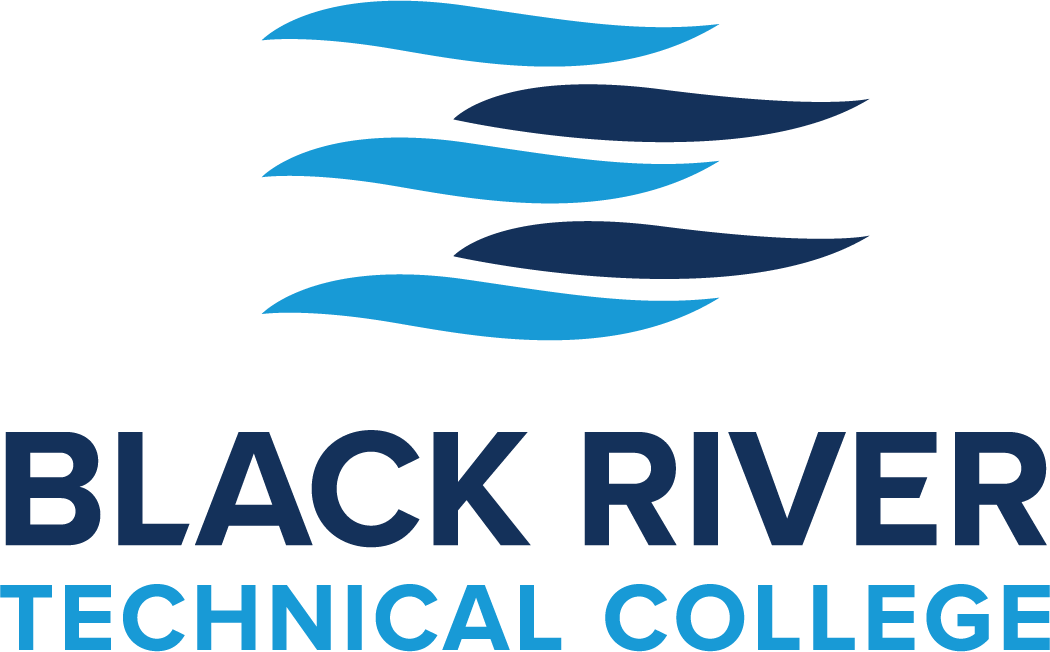 The ACT is used by many 2- and 4-year colleges to determine the placement of students in math, English and reading as established by the Arkansas State Board of Higher Education. Refer to the most current version of the BRTC College Catalog for the scores needed on the exams to bypass developmental courses at BRTC.
The ACT is used by many 2- and 4-year colleges to determine the placement of students in math, English and reading as established by the Arkansas State Board of Higher Education. Refer to the most current version of the BRTC College Catalog for the scores needed on the exams to bypass developmental courses at BRTC.
The test will last approximately 4 hours. The results of this test will be used to place students into the proper level of reading, math and English.
The following links will provide information for you about ACT tests
- Upcoming ACT test dates
- ACT Fees
- Scroll down the page to see Additional Information for Registration such as photo ID, calculator policy, accommodations, etc.
- Register for the ACT

The ACCUPLACER is used by many 2- and 4-year colleges to determine the placement level of students in math, English, and reading as established by the Arkansas State Board of Higher Education. Refer to the most current version of the BRTC College Catalog for the scores needed on the exams to bypass developmental courses at BRTC.
The test is not timed; however, it is recommended to allow approximately two (2) hours. The results of these tests will be used to place students into the proper level of Reading, Math, and English.
- The ACCUPLACER test is free of charge for students enrolling in BRTC, regardless of how many parts of the test are taken. All or part of the test may be retaken to improve scores.
- Students needing to retake the entire exam or a specific section of the exam must wait one week before retesting can occur.
- BRTC will accept the highest score from each area.
- It is recommended that students complete free tutoring sessions in Adult Education before retesting OR Accessing free ACCUPLACER resources.
GED testing is held in the Tutoring Center. Common areas of testing include the following:
- RLA
- Math
- Science and
- Social Studies
The Testing Center proctors exams for BRTC’s classes as well as for other schools and companies.
The most popular tests offered include the following:
- Arkansas state insurance testing for life, health, property, casualty, title, crop, etc.
- NREMT/Paramedic
- state licensing
- COMPTI-A
- CCIS
- NOCTI
- computer certifications
Black River Technical College is proud to be a partner and testing center for the WorkKeys test and the Career Readiness Certificate program!
About WorkKeys
ACT WorkKeys is a skills assessment test required by many local and national employers. Upon successfully completing the desired levels of WorkKeys®, a person will then earn a bronze, silver or gold CRC signed by the governor and directors of the Department of Workforce Services and Arkansas Workforce Investment Board.
What is the Arkansas Career Readiness Certificate (CRC)?
Governor Mike Beebe announced January 18th, 2008 a new workplace-readiness credential that will reduce employee turnover, build job-seeker confidence, increase a graduate’s chances for hire and boost economic development.
The Arkansas Career Readiness Certificate (CRC) designates that an individual has core employability skills required across multiple industries and occupations. The CRC will give job seekers a competitive edge, assist them with creating a skill-enhancement road map and assure employers that they can perform the duties required for 21st-century jobs. The CRC is portable, meaning it is not tied to any specific job or business.
Individuals can receive an Arkansas CRC by successfully completing the WorkKeys® comprehensive skills assessment, which is offered free of charge. Thousands of American and international companies use WorkKeys® assessments, job profiles, training evaluations, research and reporting services to assess skill needs and measure progress.
“One of the most frequent requests we get from businesses is for more comprehensive advance screening of potential employees,” Beebe said. “The CRC will give Arkansans confidence in their own skills and qualifications, while helping employers improve the effectiveness of training dollars and streamline hiring decisions.”
Additional benefits of the Arkansas CRC include increased chances that graduates will be hired, another incentive for students to take course work seriously, improved success in entry-level and subsequent jobs, and curricula that will be aligned to meet the job skills employers need.
It also will keep employers from moving entry-level jobs to other states, decrease the unemployment rate, create a work-ready community, increase the tax base and attract new employers to the state.
For More Information


Rudi, Cyndi



